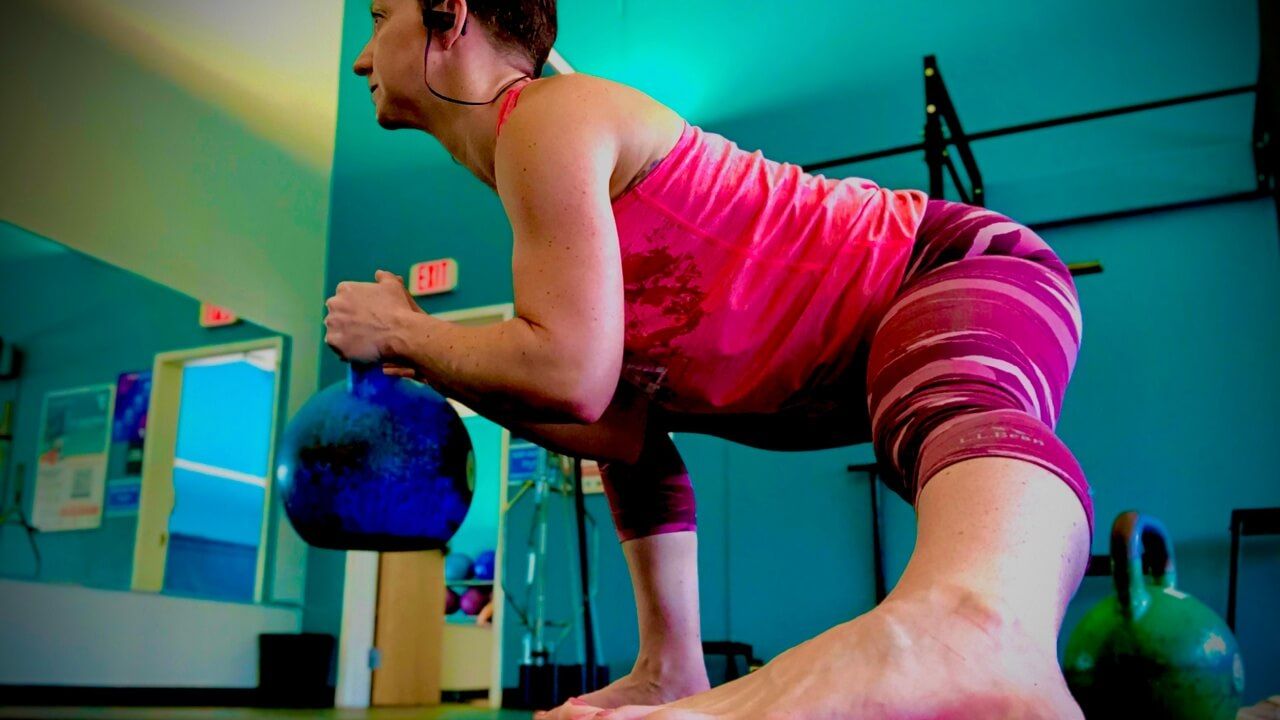Drink…Lift…Pee
Jul 16, 2021
By: Katie Burnham, DPT
Don’t Let Urinary Incontinence (UI) Stop You From Your Fitness
Let’s talk about a topic that doesn’t get spoken about on the regular…exercise and “accidents”. I’m not referring to an injury sustained during training. I’m speaking about the pee. Pee leakage impacts 1 in 4 to even 1 in 2 women that exercise. When put into a percentage that’s 25-50%! As common as this is, it just does not get spoken about enough. Perhaps if we got comfortable talking about things that make us feel kind of uncomfortable, we could find support and possible treatment options. All in this together attitude!
The goal here is to bring awareness to the fact that urinary incontinence (UI) happens to both men and women, but for this post the focus will be on the ladies. There are different types of UI, but the kind associated with exercise is referred to Stress Urinary Incontinence (SUI). It is characterized by leakage of urine with exertion and increased abdominal pressure. Common actions that may cause these symptoms are running, box jumps/jumping/skipping, weight lifting, etc. You may have been able to perform these tasks without symptoms of UI in years past and suddenly have them.
So what can be the cause?
Infection of the urinary tract, otherwise known as UTI could be present.
Are you pregnant or have you been pregnant?
The presence of symptoms may not present until years after a pregnancy. The changes women experience in hormones during pregnancy as well as increased stress and pressure on the pelvic floor may be the cause. Perhaps you are not breathing correctly and not activating the “core” effectively. There are several possibilities, but these are the major players in contributing to episodes of UI during exercise.
The pelvic floor consists of muscles and fascia that work together to provide support, like a hammock, to the pelvic organs. When working optimally you should not experience leakage of urine during activity or sport. However when there has been a disruption in muscle activation it may not function as it should.
A physical therapist can help to assess the muscles of the pelvic floor. They can also provide education based on their findings. Unfortunately, when someone is dealing with UI they may start to avoid certain activities. When they stop performing exercise it can carryover to negatively impact overall health. We do not want women to feel like they don’t have options for treatment and we certainly do not want them to stop moving!
Stay Connected With News and Updates!
Join our mailing list to receive the latest news and updates from our team.
Don't worry, your information will not be shared.
We hate SPAM. We will never sell your information, for any reason.
